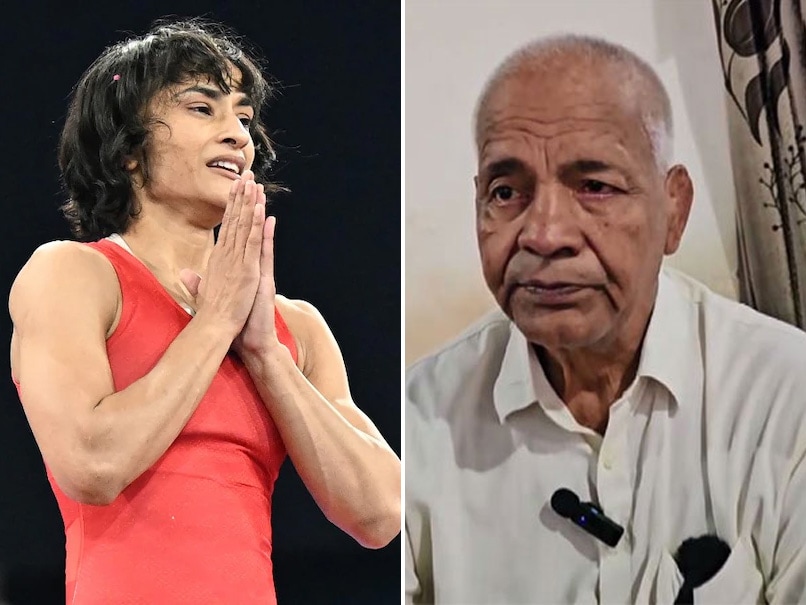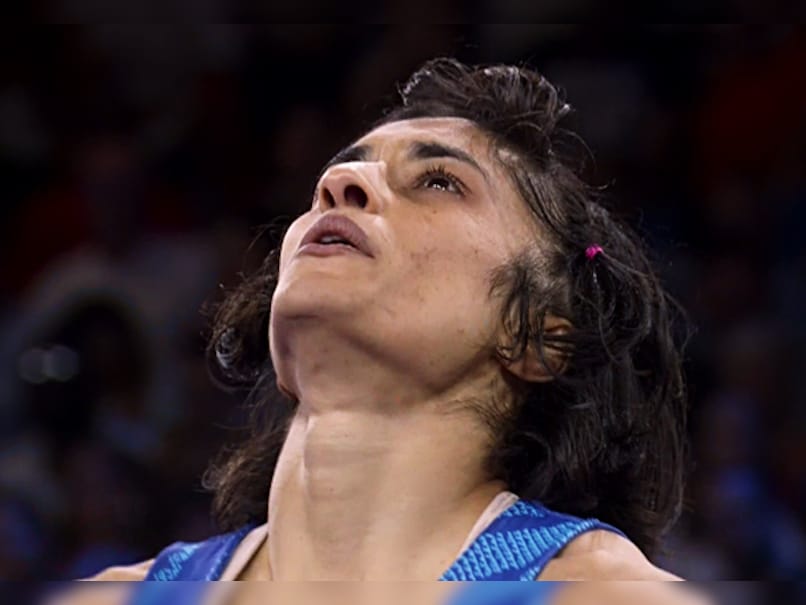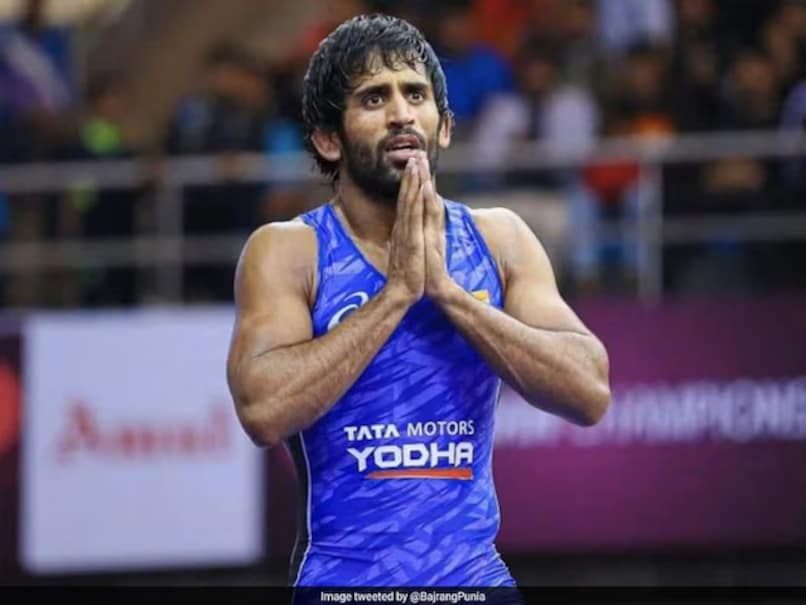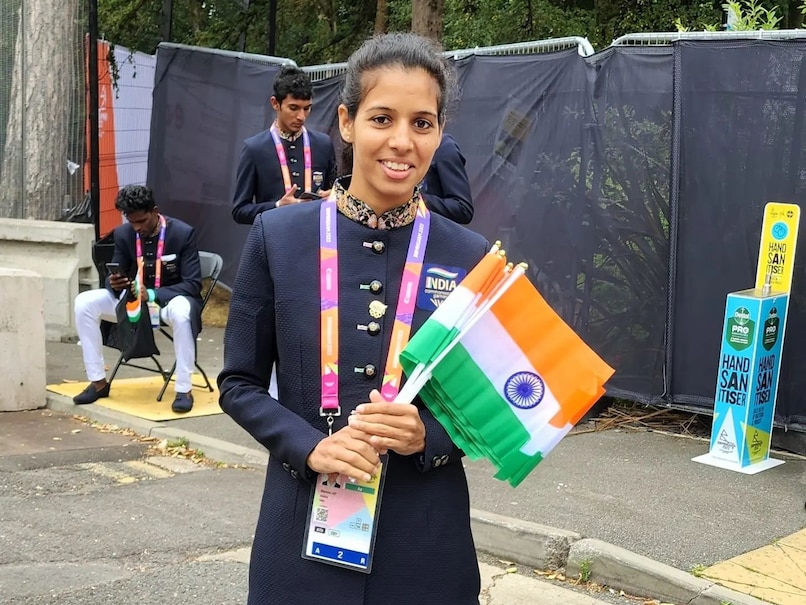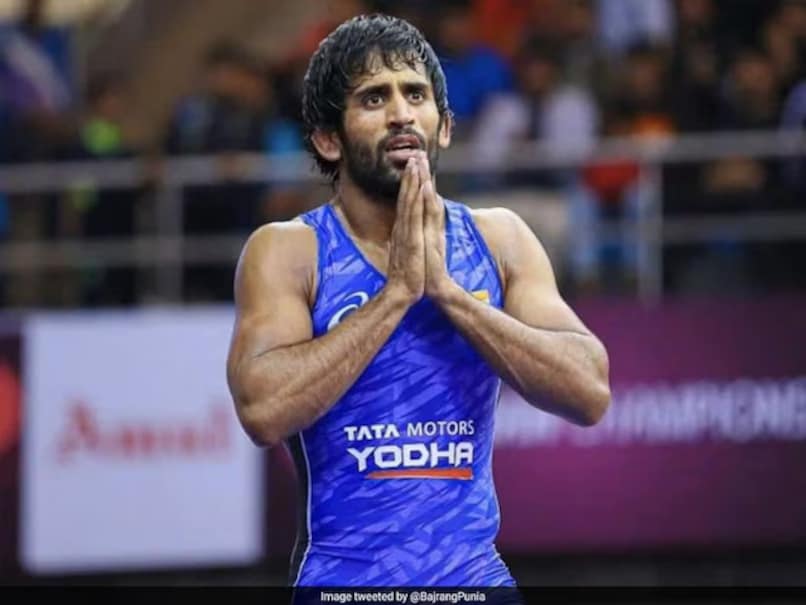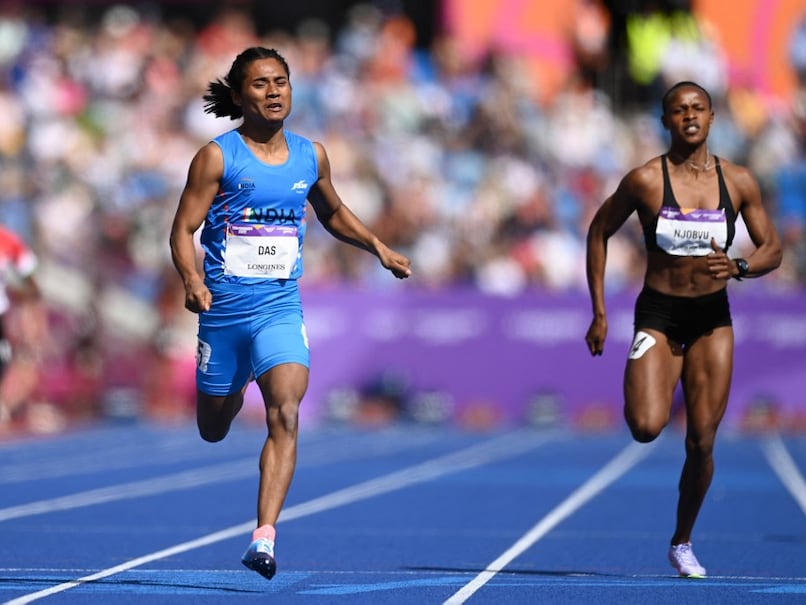Vinesh Phogat Accused of Omitting Uncle’s Name in Thank You Note
Vinesh Phogat, a former Indian wrestler, has once again faced accusations of omitting her uncle Mahavir Phogat’s name from her “thank you” note following her disqualification from the Paris Olympics 2024. Phogat qualified for the 50kg final but was disqualified for being 100gm overweight before the match.
In a conversation on ‘Top Angle With Sushant Sinha,’ Babita Phogat, Mahavir Phogat’s daughter and a former Indian wrestler, expressed her disappointment over Vinesh’s omission. She revealed that Mahavir had fought tirelessly to preserve Vinesh’s career and accused her cousin of ingratitude.
“I have seen my father cry just three times in my life. First, when me and my sisters got married. Second, when my uncle died and third, when Vinesh got disqualified from the Olympics,” Babita said. “When my uncle died, Vinesh and both of her siblings suddenly quit wrestling. My father went to their house and fought with their mother to get them back to wrestling. Imagine how much he has worked to make Vinesh. But she thanked everyone except for that guru.”
The National Anti-Doping Authority (NADA) has also served a notice to Vinesh Phogat for a whereabouts failure. A team was sent to collect a urine sample from Phogat, who missed a medal in the Paris Olympics due to her disqualification, but she was not available at her residence.
Vinesh Phogat, who made history by becoming the first Indian female wrestler to qualify for the final of the Women’s 50kg category in Paris, has been asked to respond to the notice within 14 days.
The incident has sparked controversy and raised questions about Vinesh Phogat’s relationship with her family and her gratitude towards those who have supported her career.

